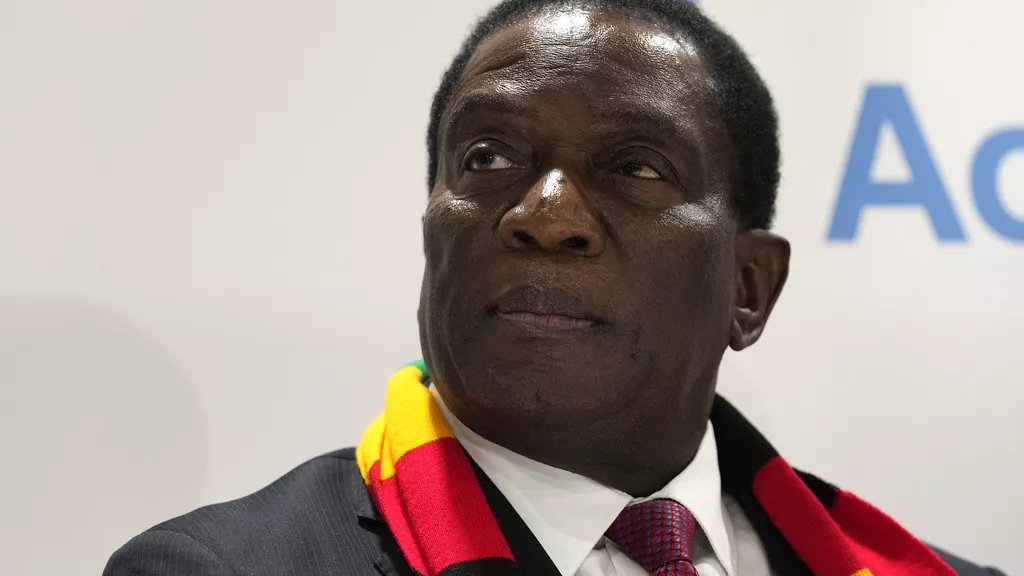Zimbabwe’s Aid Worker Controversy Draws Sharp Criticism from the US
The United States has accused Zimbabwe of harassing, detaining, and deporting American nationals serving as aid workers in the country. The allegations were made by the United States Agency for International Development (USAID), asserting that government officials and contractors were subjected to both verbal and physical intimidation. The aid workers were in Zimbabwe to support civic participation, democratic institutions, and human rights, according to USAID.
USAID criticized Zimbabwe’s commitment to democratic reform, characterizing it as “hollow.” The Zimbabwean government has not yet responded to the allegations put forth by USAID. In addition to these accusations, the U.S. recently announced new sanctions on Zimbabwean President Emmerson Mnangagwa and other high-ranking officials, citing corruption and human rights abuses as the reasons behind the punitive measures. These sanctions replaced existing ones imposed two decades ago.
President Mnangagwa’s spokesperson condemned the new sanctions, labeling them as “hostile” actions and accusing the U.S. government of “gratuitous slander.” USAID Administrator Samantha Power expressed concern about the treatment of aid workers in Zimbabwe, citing incidents of overnight detention, unsafe transportation conditions, prolonged interrogation, and the seizure of personal electronic equipment. According to Power, these events were part of a pattern of “serious incidents” over the past two years, involving harassment and mistreatment of U.S. government officials and citizens by Zimbabwean authorities.
Matthew Miller, a spokesman for the U.S. State Department, asserted that the aid team had been legally admitted to Zimbabwe to support the government’s expressed commitment to democratic reform. However, Power dismissed this commitment as “hollow.” She emphasized that USAID would continue to robustly support civil society, human rights defenders, and independent media in Zimbabwe. Power also stated that the agency would not hesitate to take additional measures to hold accountable those who deny fundamental freedoms and good governance to Zimbabweans.
USAID’s work in Zimbabwe focuses on strengthening health services, enhancing security, supporting economic resilience, and promoting democratic governance. The allegations of harassment and mistreatment underscore the challenges faced by international aid organizations working in regions where political tensions and human rights concerns persist.



















